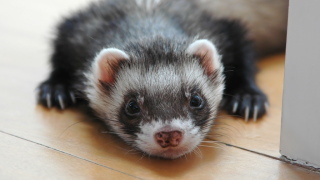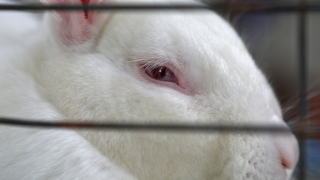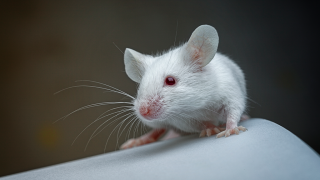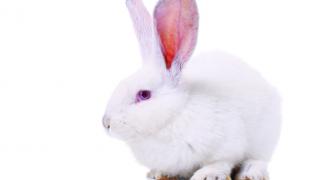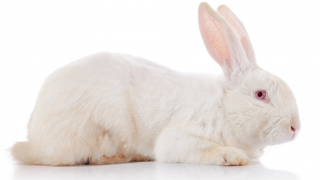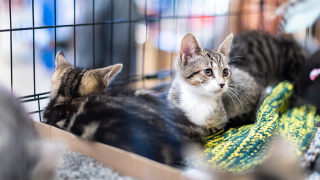When will enough be enough?
According to researchers in the USA, a baboon managed to survive for 136 days after receiving a transplanted pig kidney – a so-called ‘success’ which is being hailed as a significant step towards animal-to-human transplants.1
Xenotransplantation (the transplanting of organs from one species to another) has been attempted thousands of times using animals and has monumentally failed because of problems with safety, species differences and organ rejection. Researchers from the USA claim that they have tackled some of these problems by creating genetically modified piglets whose organs have been tweaked to be more compatible with the baboon’s immune system.
After killing and dissecting one of these ‘designer pigs’, the individual’s kidney was subsequently transplanted into a baboon whose own kidneys had been surgically removed. The baboon suffered from anorexia for two weeks after the surgery and after 14 weeks, the transplanted kidney began to double in size. The baboon also started to suffer from episodes of stiff arms and legs and had to be hooked up to a drip when he stopped eating and drinking properly. On the last day, the baboon’s condition deteriorated so rapidly that he died before he could be killed. The researchers concluded that the baboon died from septic shock related to a blood infection and not because of the transplanted kidney.
Sadly, this is just the latest in a long line of grotesque experiments claiming to bring us ‘closer’ to human transplants, something which has been explored for decades with limited success. Even the researchers admitted that they tried the procedure two more times after this experiment and the kidneys failed after just a few days. Evidently, the use of animals as organ donors for humans remains a long way off from being a realistic solution for organ replacement.
Cruelty Free International has repeatedly spoken out against these types of claims2 and firmly supports the call to increase the availability of human organs by changing the donor system from an ‘opt in’ one to an ‘opt out’one. Wales recently became the first UK country to legally adopt this system and estimates that it could lead to a 25% rise in the number of donors.3 Clearly, this is where the solution lies and not in the barbaric use of animals as ‘spare parts’ – enough is enough!
Sources:
- Pig kidney graft survival in a baboon for 136 days: longest life-supporting organ graft survival to date. (2015). Xenotransplantation, 22: 302-309.
- Xenotransplantation not a solution. (2010). British Medical Journal: http://www.bmj.com/rapid-response/2011/11/02/xenotransplantation-not-solution
- Organ donation opt-out system given go-ahead in Wales. (2013). BBC: http://www.bbc.co.uk/news/uk-wales-politics-23143236


